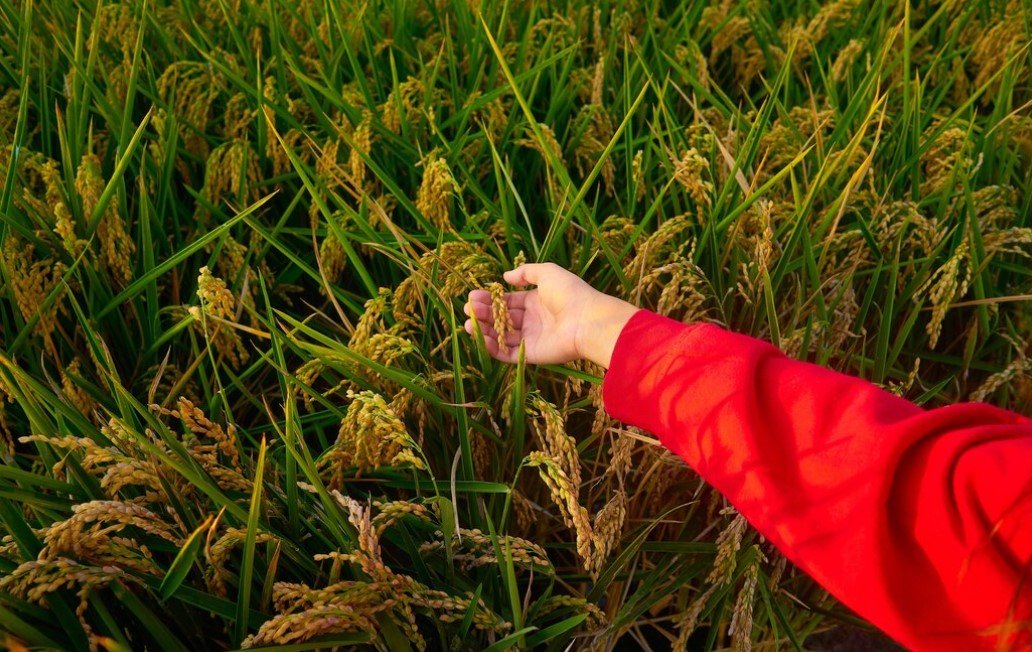The National Dairy Research Institute (NDRI) in Karnal, in collaboration with Biotechnology Consortium India Ltd (BCIL), New Delhi, conducted a workshop on “Genetically modified (GM) crops and their derivatives for the livestock sector” on December 21, 2023. The workshop aimed to discuss the issues, availability, and challenges regarding animal feed requirement in India, and the role of GM crops and derivatives in enhancing the productivity and profitability of the dairy sector.
The workshop was inaugurated by Dr. Dheer Singh, Director and Vice Chancellor of NDRI, who highlighted the significance of feed and feeding strategies for the sustainability of the dairy sector. He said that feed occupies as high as 65 to 70% of total dairy expense, and as feed resources are decreasing, new technological interventions should be initiated. He also emphasized on the safety and quality of feeds offered to the dairy animals, and the need for long term studies before introducing GM origin feed ingredients in the Indian dairy sector.

GM crops and derivatives: Potential benefits and challenges
Dr. Ani Bency Jacob, Assistant Commissioner, National Livestock Mission, Ministry of Fisheries, Animal Husbandry and Dairying, Government of India, New Delhi, gave an overview of the ongoing schemes of the department for animal feed development and distribution. He also mentioned the challenges faced by the livestock sector, such as low availability and high cost of feed ingredients, poor quality and adulteration of feed, and lack of awareness and adoption of scientific feeding practices.
Dr. Vibha Ahuja, Chief General Manager, BCIL, New Delhi, delivered a talk on “GM crops and derivatives in animal feed on the basis of safety and nutritional aspect”. She pointed out the significance of GM derived feeds or feed ingredients and emphasized on their immense potential to overcome the shortage of animal feed ingredients in the country, where a greater fraction of people’s livelihood is dependent on the dairy sector. She also presented the global scenario of GM crop cultivation and consumption, and the regulatory framework and safety assessment of GM crops and derivatives in India and other countries.
Dr. Sanjeev Kalia, Senior Manager, Government Affairs and Advocacy Executive, BASF India Limited, spoke on “Enhancing crop productivity of feed grains -its status and potential intervention”. He focused on the current and future challenges of food security and climate change, and the need for innovative solutions to increase the yield and quality of feed grains. He also discussed the various biotechnological tools and techniques, such as gene editing, molecular breeding, and digital farming, that can help in developing improved varieties of feed grains.
Dr. Amit Sachdev, Regional Consultant, South Asia, U.S. Grains Council, gave a presentation on “Global feed availability and role of GM crops”. He shared the data and trends of global feed production and consumption, and the major sources and destinations of feed trade. He also explained the role of GM crops, especially corn and soybean, in meeting the feed demand and enhancing the feed efficiency. He also highlighted the benefits of using distillers’ grains, a by-product of ethanol production from GM corn, as a feed ingredient for livestock.
Panel discussion and recommendations
The workshop concluded with a panel discussion, where Dr. Ashish Kumar Singh, Joint Director (Academic) and Dr. Rajan Sharma, Joint Director (Research) of NDRI, participated and expressed their views on the usages of GM crop origin feed ingredients. They also interacted with the participants and answered their queries and doubts. The panel discussion was moderated by Dr. Nitin Tyagi, Principal Scientist and Coordinator of the workshop.
The workshop came up with the following recommendations:
- There is a need to create awareness and sensitization among the stakeholders, especially farmers, consumers, and policy makers, about the benefits and safety of GM crops and derivatives for the livestock sector.
- There is a need to strengthen the regulatory system and the safety assessment of GM crops and derivatives, and to harmonize the standards and guidelines with the international norms and practices.
- There is a need to conduct more research and development on GM crops and derivatives, especially on their nutritional, environmental, socio-economic, and ethical aspects, and to generate more data and evidence to support their adoption.
- There is a need to foster collaboration and coordination among the various institutions and organizations involved in the development and promotion of GM crops and derivatives for the livestock sector, and to create a platform for dialogue and exchange of information and experiences.











